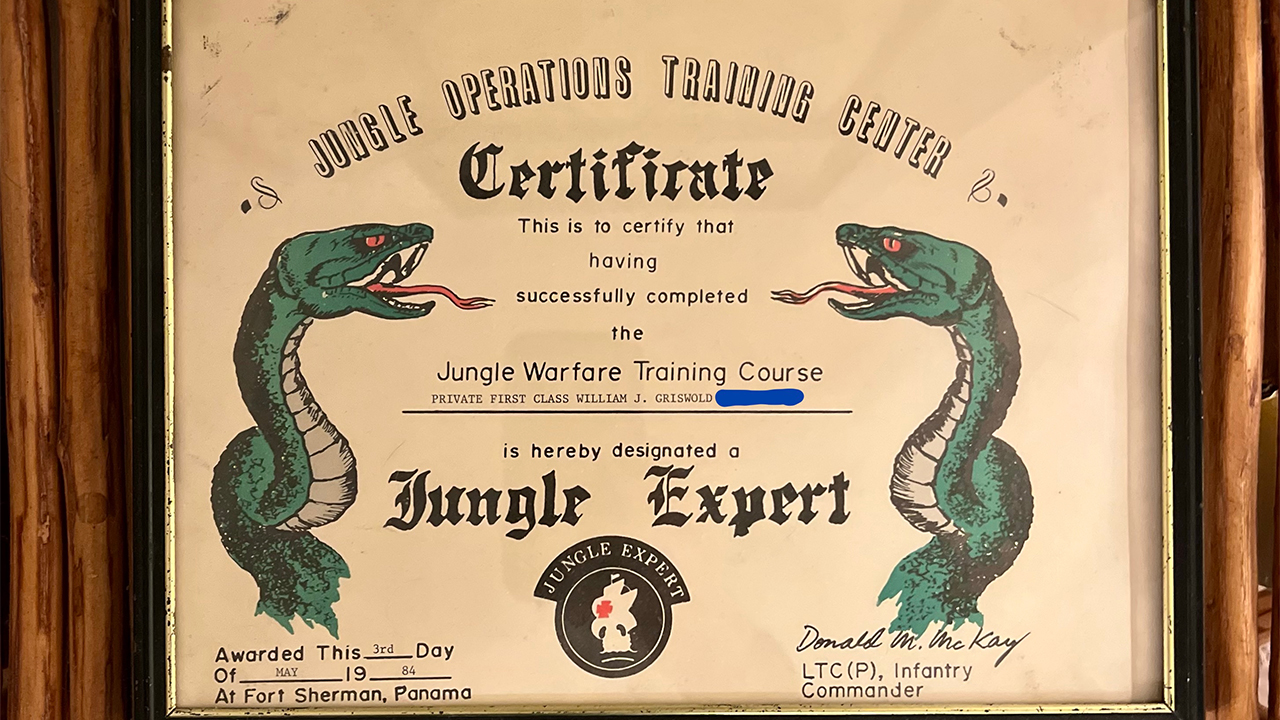Aurelie Sheehan: Once into the Night
January 25, 2019
 Aurelie Sheehan’s new book, Once into the Night, is a collection of 57 brief stories, in the form of “a fictional autobiography made of assumed identities and what-ifs.” It won FC2’s 2018 Catherine L. Doctorow Prize for Innovative Fiction and will drop in February.
Aurelie Sheehan’s new book, Once into the Night, is a collection of 57 brief stories, in the form of “a fictional autobiography made of assumed identities and what-ifs.” It won FC2’s 2018 Catherine L. Doctorow Prize for Innovative Fiction and will drop in February.
Aurelie is the author of two novels (History Lesson for Girls and The Anxiety of Everyday Objects) and three previous collections (Jack Kerouac Is Pregnant, Demigods on Speedway, and Jewelry Box: A Collection of Histories, which I have taught many times).
Her stories and essays have appeared in journals and magazines around the country, and she has received many literary awards. She is a professor of fiction and the head of the English Department at the University of Arizona.
The Common Reader: Hey, Aurelie. The new book won Fiction Collective 2’s Innovative Fiction Prize. What is innovation in fiction, and what do you think are the advantages and disadvantages of it?
Aurelie Sheehan: All good fiction is innovative on some level—taking the form to a new place, surprising the reader. But for me the most useful indicator of innovation with a capital I resides in the original conception of the work. On glad days, I write with my own compass exclusively. It’s not that I don’t want to be understood or have a readership or have the work understood as “fiction,” but that I have this idea that seems a bit crazy and probably won’t work and yet it seduces me, and then me and the idea go out and have fun together. It is a challenge, in these cases, as in any writing, to succeed in the world. If you’ve made it up there is no precedent and no guarantee about what will happen next—but still, because the idea is so dastardly and sweet, there’s nothing to do but pursue the adventure.
For me, then, it’s about finding personal satisfaction—which spills over into aesthetic satisfaction. It feels worthwhile, considering how short life is, to just write exactly what you want to write, how you see/feel/experience it. If you do that well, the reader will come with you.
TCR: The publisher says the book is “radical in its conception of story.” Can you tell us how you conceive of “story,” and how you recognize it in nature, pluck it, or stew it up?
AS: I like the word radical, of course—more so all the time. But to nestle down into this question means I have to step away from the PR-type words used by publishers, even the most amazing and erudite publishers (and I’ve been lucky in this regard). In Jewelry Box and in Once into the Night, you can probably see that I see story everywhere. I see stories in objects, in the way birds are sitting on a wire, in my own fits of reluctance or panic or fancy. I recognize a story when something hits me as rare, or more brightly lit somehow than what came before or after. Feeling uncomfortable can also alert me to the possibility of story. Or wanting to share the mad laugh of it all with someone else.
Some of my shortest stories compress or accelerate time, or dive under the surface and go time-free. I notice sorrow, humor, or heightened emotion in what would otherwise be considered mundane. (It’s both exhausting and exhilarating to live this way.)
TCR: You’re telling me. There are a number of stories here that question perception and how we can know if we have touched reality or not. For example, in your story “There Are Solutions, I Had Told Myself, to Christmas,” the narrator says, “Everyone is here. They have taken time off from my dream world to become who they are … ‘reality’ they’re calling it.” What do you think the hazards of cognition are for writers in particular?
AS: Your question gives me an opportunity to mention Delmore Schwartz and his story “In Dreams Begin Responsibilities.” This story, first published in 1935, has been important to me as a writer and is very much an inspiration for “There Are Solutions, I Had Told Myself, to Christmas.” In this brief and weird and tragic tale, memory, dreams, and movies intersect and create an experience that feels authentic, even as it transcends the limitations of, or inhabits the boundaries of, so-called reality. It is this kind of accuracy I seek, a kind of trembling, anxious, but 100 percent guaranteed true experience of life. This is not at all to be confused with the kind of factual truth needed, god knows, in journalism. I try to get very close to my experience, yet realize that at the same time I’m veering further and further from what could be verified by a third (or even second) party. That’s why this is fiction—or autofiction, if you like. An artist has a responsibility first of all to the art. Blurs of truth can’t be entered into out of fear or laziness but must be deliberate steps toward expression. I allow awareness of “the blur” to be part of the piece itself.
TCR: Memory is implicated in “touching reality,” in the book, and whether it has gotten things right. (In “Forgetting”: “Lost is better than forgotten.”) Can you speak to how you think memory is blessing, curse, or other?
AS: Memory is all we have—or is that the statement of an old person? I am certainly not interested in rummaging through boxes and staring at photographs. Not too interested, anyway. But as we move through time all that old time becomes memory, abstract and yet surely thrillingly part of who we are. I often write about subjects to which I have a fraught relationship. I am weirded out by the fact people remember things differently. I am equally weirded out by how I remember things differently at different times of my life. But I am soothed—my own special Valium—by the idea that this is somehow a spiritual reality that we live in … that makes us who we are. I think of it as a screen, like in “The Sex Worker,” where she is the screen through which everything else passes. We are screens between the past and the future. So it is not a blessing or curse—I’ll go with other. The magnificent Other.
TCR: Finally, you point out in the story “Don DeLillo” that writers are not known as widely as some in the writing trade think. (Of course that is true, and how many would even recognize Gorbachev, or Sade, or Nolan Arenado, widely?) If we are not writing to “become rich and somewhat famous,” as one student put it, what is the point?
AS: The idea of fame did torment me a bit when I was younger. My feelings about it have evolved, and pursuing it is not my driving force. I’ve had my share of rejections and I’ve been lucky enough to get my work published, too. What happens in this arena is out of my control—whether the world picks up on my total awesomeness or not. In the meantime, what is important to me is writing. More than my fame or lack of it, I’m interested in (concerned with) how privacy or publicity affects me. I’m not particularly suited for exposure; some level of obscurity makes it possible for me to write. Most of all I want to afford myself again and again this sublime pleasure: wandering around immersed in the novel I’m writing or breaking the lock on a sentence that is close to right.
That being said, I’m not alone in, on some bleary days, wishing for a Wizard-of-Oz-style accolade or medal to keep me going. What is hard is to keep the faith all on your own, to recognize and respect the importance of what you are doing sans accolade. That is a challenge I share with many, and which I rise to as much as possible. The medal’s value, though, isn’t its own golden gleam, but the wherewithal and determination it ignites in me or any writer.
Our thanks to Aurelie. Check out her website, or preorder her new book, Once Into the Night, here.








